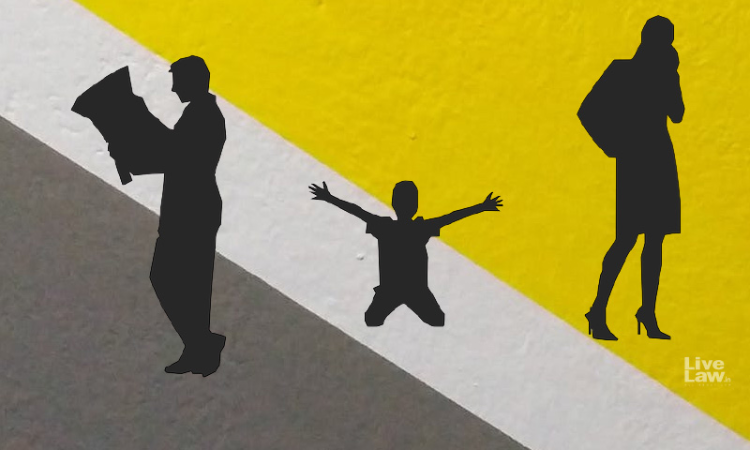The Patna High Court has said that the orders passed in cases of child custody cannot be made rigid and final and are capable of being altered, keeping in mind the needs of the child. The court said custody orders are always considered interlocutory orders.“Under Section 26 of the Hindu Marriage Act, 1956, the Court has been empowered to pass any order or make any arrangement in respect...

